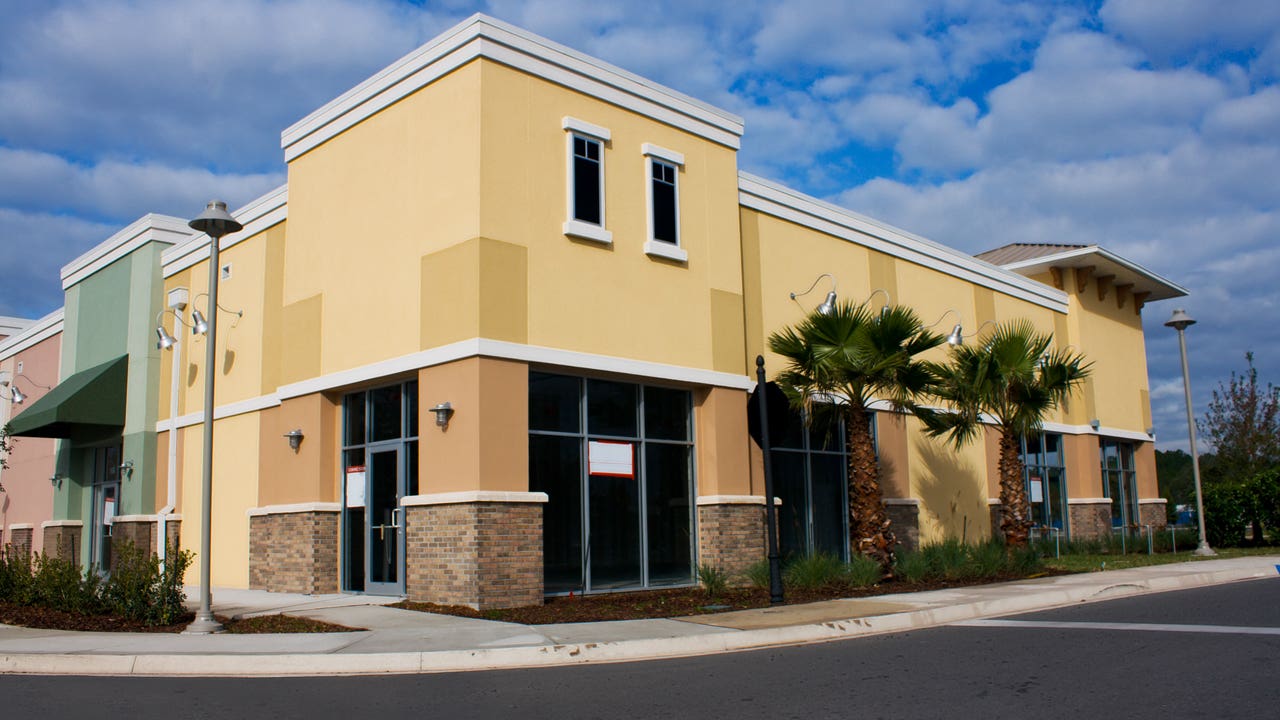The Future of Real Estate: Fads and Opportunities to View
As the actual estate landscape progresses, it ends up being increasingly crucial to comprehend the arising trends and possibilities that will specify the sector in the coming years. With these dynamics at play, a closer examination of the adaptations and techniques necessary for success reveals fascinating opportunities that might improve financial investment strategies and market behaviors.
Technological Technologies in Real Estate
Recently, the property industry has actually accepted a wave of technical developments that are changing conventional techniques. These advancements have significantly enhanced effectiveness, openness, and decision-making processes within the market. Among one of the most noteworthy technologies is the surge of big information analytics, which allows genuine estate specialists to analyze market trends, predict residential property values, and determine financial investment chances with unprecedented precision. This data-driven approach allows stakeholders to make educated choices and lowers the threats connected with home deals.
Additionally, digital truth (VIRTUAL REALITY) and augmented fact (AR) innovations are reinventing residential or commercial property marketing by giving immersive experiences for potential purchasers and renters. These tools enable clients to conduct digital trips of residential properties, thus enhancing the search procedure and enhancing customer interaction. Furthermore, blockchain innovation is getting grip as a means to safeguard deals and preserve transparent documents, therefore minimizing scams and expediting the closing procedure.
Smart home modern technologies are also coming to be progressively widespread, allowing property owners to keep an eye on and regulate their residential or commercial properties from another location (Real Estate Lockhart). Jointly, these technical innovations are reshaping the landscape of realty, fostering a more reliable, transparent, and customer-centric sector
Need for Lasting Properties
As customers increasingly focus on ecological responsibility, the need for lasting properties has actually surged in the realty market. This change reflects a broader societal pattern toward sustainability, with investors and property buyers looking for residential properties that lessen eco-friendly impact while maximizing energy effectiveness. Attributes such as solar panels, energy-efficient home appliances, and sustainable building products are now considered as crucial as opposed to optional.

Furthermore, the increase of environmentally friendly areas, which focus on walkability and accessibility to public transport, further emphasizes this trend. These growths interest ecologically aware purchasers and promote a much healthier way of life.
As the need for lasting buildings remains to increase, industry stakeholders have to adjust to these assumptions. By prioritizing and welcoming ingenious techniques sustainability, the property field can not just meet customer demand yet additionally add to a more sustainable future.
Transforming Purchaser Demographics

In addition, the maturing populace is reshaping need for housing. Infant boomers are seeking scaled down residences that supply access and reduced maintenance, frequently favoring city settings with nearby amenities. This change requires a concentrate on multi-generational housing options that accommodate varying requirements.
Furthermore, social diversity is playing an essential function in real estate patterns. As these group changes continue to advance, genuine estate experts have to adapt their techniques to resolve the demands of these different buyers (Real Estate Lockhart).
Increase of Remote Job Influence
Progressively, the rise of remote work is changing the realty landscape, motivating significant shifts in buyer preferences and location choices. As employees enjoy the adaptability of functioning from home, many are reassessing their property requirements, bring about a rise in demand for residential or commercial properties in suburban and country areas. This trend is mostly driven by the need for more large living environments that read this can accommodate home offices and a better lifestyle.
In addition, urban centers, once the prime focus for buyers, are seeing a steady decrease popular as people prioritize cost and access to nature. Consequently, real estate programmers and investors are changing their emphasis towards residential or commercial properties that use office areas, outdoor amenities, and distance to necessary solutions.
Genuine estate specialists should adjust to the changing choices of purchasers, emphasizing the importance of way of living elements in their marketing approaches. The ramifications of remote job on real estate are extensive, forming future patterns and opportunities.
Investment Opportunities in Emerging Markets
Financial investment opportunities in emerging markets are constantly drawing in attention from investor looking for diversity link and development potential. These markets, characterized by fast economic development, boosting urbanization, and an expanding middle course, existing distinct potential customers for smart investors. Countries in Southeast Asia, Africa, and Latin America are experiencing substantial framework enhancements and beneficial federal government plans, which better improve their charm.
Real estate fields such as residential, business, and logistics are experiencing enhanced need as a result of urban migration and advancing customer choices. Especially, cities like Ho Chi Minh City, Nairobi, and Medellín are becoming hotspots for financial investment due to their increasing economic situations and youthful demographics.
Investors must conduct extensive market analyses to recognize vital fads, such as shifts in populace characteristics and financial security, which can affect home values. In addition, collaborations with regional property companies can promote effective entrance and navigating in these markets.
Nonetheless, it's crucial to be conscious of possible dangers, including political instability and regulatory obstacles. By considering these aspects and embracing a long-lasting perspective, investors can properly profit from the financially rewarding possibilities arising in these developing regions.

Verdict
In final thought, the future of real estate will certainly be dramatically influenced by technical developments, a growing emphasis on sustainability, and advancing customer demographics. Navigating this transforming landscape will certainly call for critical partnerships and a keen understanding of market dynamics to take advantage of on the fads forming the sector.
As the real estate landscape progresses, it comes to be increasingly necessary to understand the emerging trends and chances that will certainly specify the sector in the coming years. One of the most noteworthy developments is the increase of large information analytics, which permits actual estate specialists to analyze market fads, anticipate residential property worths, and determine investment chances with extraordinary precision.As customers significantly prioritize environmental duty, the need for lasting homes has actually risen in the genuine estate market. The implications of remote job on real estate are profound, shaping future trends and possibilities.
Investment chances in emerging markets are continually drawing in focus from genuine estate investors looking for diversity and growth possibility.